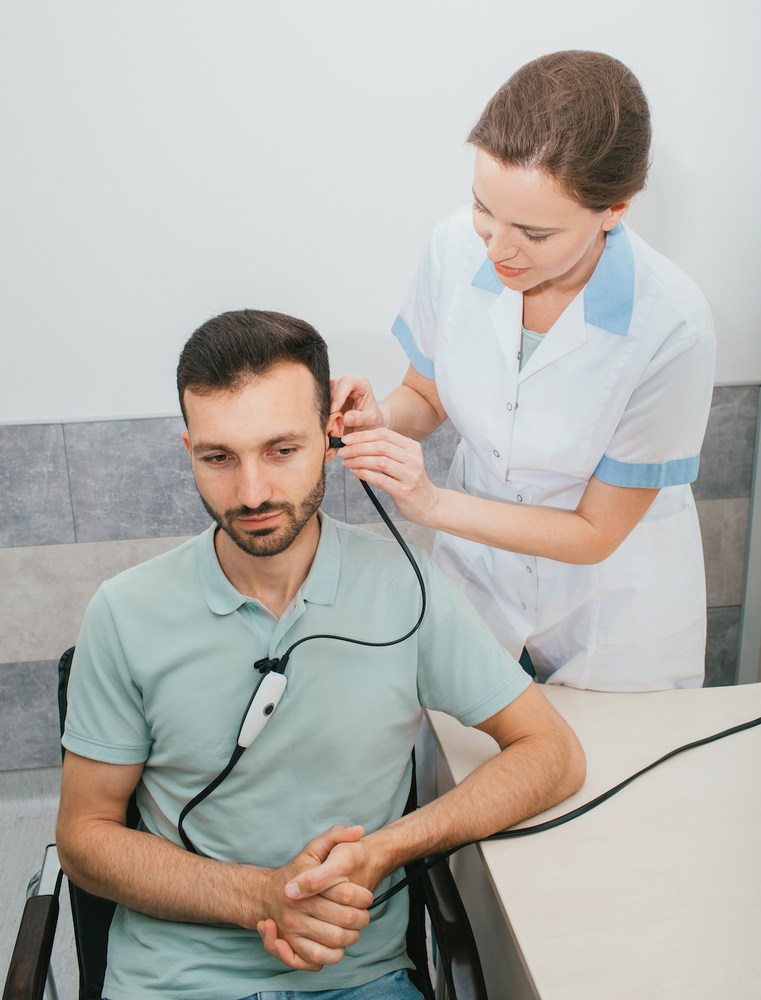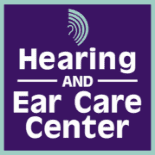Understanding Your Hearing Test Chart and Results
After your hearing test, your audiologist will usually review a chart that

By: admin | March 26, 2024
Taking good care of your ears is crucial for your overall hearing health. It’s not just about preserving your ability to hear, but also about warding off potential issues that could affect your auditory system. Cleaning your ears safely is a vital practice that many might neglect or do incorrectly, jeopardizing their ear health. Knowing the correct way to clean your ears can make a big difference in maintaining your hearing abilities and avoiding unnecessary complications. This topic isn’t just about cleanliness – it’s about protecting one of our most important senses: our ability to hear.
Let’s dive into some practical tips and guidelines on how to clean your ears safely.
Good ear care goes beyond just surface-level cleaning.
It’s vital for two reasons. First, it helps keep your ears healthy, ensuring they function at their best. Second, it assists in warding off potential issues such as ear infections or excess wax build-up which can affect your hearing abilities. Proper ear care is a key step towards protecting your ability to hear and enhancing your quality of life. It’s not just about keeping our ears clean – it’s about actively preserving our hearing health. Regular check-ups with audiologists are also an important part of this process!
Did you know that our ears have their own self-cleaning mechanism? Our ears are designed in such a way that they can clean themselves.
The natural self-cleaning feature of our ears is primarily due to the presence of earwax, also known as cerumen. This waxy substance has several important functions:
Let’s debunk some common myths about ear cleaning. Having the right information is important to avoid causing harm while trying to maintain your ear health.
One of the most common myths is that using cotton swabs is a safe way to clean your ears. In reality, this can push wax further into the ear canal and potentially damage your eardrum. Here are some other misconceptions:
Using cotton swabs for ear cleaning is a common practice that can be harmful. This seemingly harmless routine can actually push wax deeper into your ear canal, potentially causing blockages or even damage to the delicate structures inside your ear. Instead of reaching for a cotton swab, consider safer alternatives like over-the-counter ear drops approved by hearing health professionals or simply allowing your ears to clean themselves naturally.
Improper ear cleaning can lead to several issues. One of the most common is an earwax impaction, where wax is pushed deeper into your ear canal. This can cause discomfort and even temporary hearing loss. Additionally, using objects like cotton swabs or hairpins can scratch the delicate skin in your ear canal, leading to painful infections.
Another risk involves damaging your eardrum. This thin membrane is incredibly sensitive and poking it with an object can cause a perforation or tear. Not only is this painful, but it also might affect your hearing abilities. So proper ear care isn’t just about cleanliness – it’s about safety too!
Sometimes, despite our body’s natural cleaning processes, earwax can build up more than necessary. This could lead to a few noticeable symptoms such as a feeling of fullness or discomfort in your ear, decreased hearing ability, tinnitus (ringing in your ear) or even dizziness. These signs are your body’s way of saying it may be time for a check-up with an audiologist. They can safely assess and manage any excessive earwax issues you might be experiencing. Remember, being informed is your best defense when it comes to protecting your hearing health!
Recognizing when it’s time to consult an audiologist for ear cleaning is an important aspect of maintaining your hearing health. Sometimes, despite our best efforts, we might need professional help to manage earwax build-up or other ear-related issues. Here are some indications that it might be time to schedule an appointment:
A professional ear cleaning session is a straightforward process that involves a few key steps. First, the audiologist will examine your ears using an otoscope to assess the condition of your ear canal and eardrum. This allows them to identify any issues such as excessive wax build-up or potential infections.
Once the initial examination is complete, the specialist will proceed with the cleaning process. This typically involves using specialized tools such as a curette (a small curved instrument) or suction device to gently remove excess wax from your ear canal. It’s important to note that this procedure should always be performed by a trained professional to avoid any potential harm or discomfort. So, if you’re experiencing symptoms like fullness in your ears or decreased hearing ability, scheduling an appointment for a professional ear cleaning could be just what you need!
There are some safe techniques you can use at home to keep your ears clean.
While keeping your ears clean is essential for overall hearing health, it’s equally important not to overdo it. Our ears have their own self-cleaning mechanism, and excessive cleaning can disrupt this process. Always follow the guidelines provided by hearing health professionals and remember that when in doubt, it’s best to seek professional advice.
Your diet and hydration also play a vital role in maintaining healthy ears. The foods you consume and the amount of water you drink can have a significant impact on your ear health. Certain nutrients, like vitamins A, C and E, along with minerals like magnesium and potassium, are known to support healthy hearing. Including foods rich in these nutrients in your daily diet can contribute positively to your hearing health.
Staying well-hydrated is equally important for maintaining healthy ears. Dehydration can affect the levels of fluid in your inner ear which plays a crucial role in transmitting sound signals to the brain. Drinking plenty of water throughout the day helps ensure that these processes function optimally.
Taking care of your ears involves more than just safe cleaning practices – it also includes paying attention to what you eat and drink. So, remember to maintain a balanced diet rich in essential nutrients and stay well-hydrated for optimal ear health!
Excessive earwax can pose challenges for individuals using hearing aids. When earwax accumulates in the ear canal, it can block the passage of sound waves and interfere with the proper functioning of hearing aids. This blockage may result in reduced sound quality, distorted sounds or difficulty hearing certain frequencies.
Excessive earwax can also affect the fit and comfort of hearing aids. It may cause the devices to feel uncomfortable or cause feedback or whistling noises due to improper sealing in the ear canal. In some cases, earwax buildup can even push the hearing aids out of position, leading to instability and diminished effectiveness.
Additionally, earwax accumulation can increase the risk of moisture buildup within the hearing aids, creating a favorable environment for bacteria and fungi to thrive. This can potentially damage the internal components of the devices and compromise their performance over time.
Maintaining your hearing health starts with understanding how to clean your ears safely. This goes beyond just cleanliness – it’s about preserving one of our most vital senses. It involves debunking common misconceptions, recognizing when professional help is needed and establishing a safe routine for optimal ear health.
At hearingandearcare.com, we’re here to guide you. Our team of dedicated audiologists are ready to provide you with the right advice and services tailored to your needs. Whether you have questions about ear cleaning or need assistance managing excessive earwax build-up, we’re here for you.
For more information or to schedule an appointment at our locations:
Tags: hearing aid services, hearing care services, how-to guides

After your hearing test, your audiologist will usually review a chart that
By: admin | January 19, 2026

Wearable technology has expanded beyond fitness tracking to include
By: admin | November 18, 2025

Hearing care has made impressive progress over the years, from basic
By: admin | September 24, 2025
